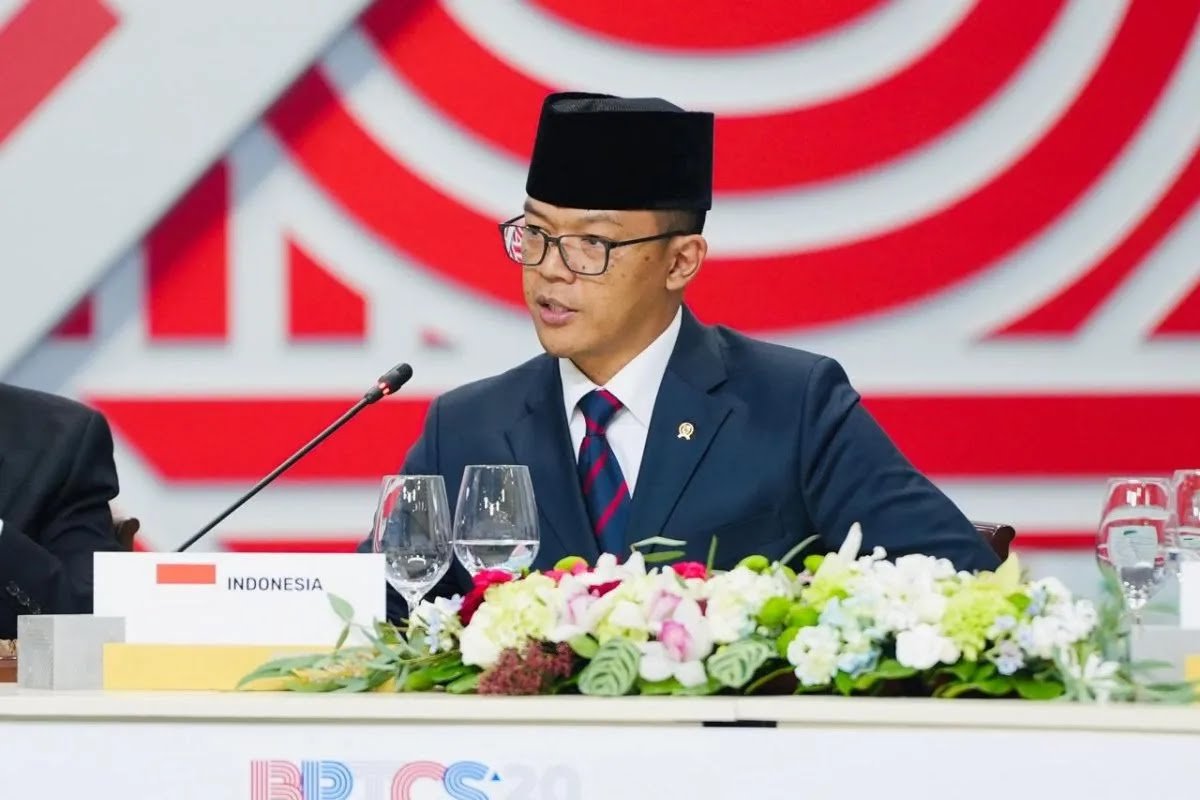Why Indonesia’s Future BRICS Membership Marks a Strategic Pivot
Indonesia’s anticipated inclusion in the BRICS (Brazil, Russia, India, China, and South Africa) bloc signifies a strategic evolution for the Southeast Asian nation. This decision may reshape Indonesia’s economic, political, and diplomatic landscapes, presenting both opportunities and challenges as it navigates this new international affiliation.
A New Era of Economic Cooperation
Indonesia’s decision to join BRICS is largely driven by its quest for economic growth and stability. As the largest economy in Southeast Asia, Indonesia stands to gain significantly from its membership in the bloc. This engagement opens avenues for increased investment and trade with some of the world’s largest and fastest-growing economies outside the traditional Western framework.
- Enhanced Trade Opportunities: Membership in BRICS provides Indonesia access to new markets and the potential for increased exports.
- Investment Influx: Aligning with economically powerful nations like China and India could lead to increased foreign direct investment into Indonesia’s infrastructure and technology sectors.
Potential Economic Benefits
Being a part of BRICS aligns with Indonesia’s long-term economic strategy to foster sustainable growth. It taps into the collective resources and financial instruments available within the group, which could bolster Indonesia’s ambitious infrastructure projects and technological advancements.
Diplomatic and Political Implications
Beyond economics, this move has notable diplomatic ramifications. As Indonesia seeks to assert itself on the global stage, joining BRICS aligns with its broader foreign policy agenda of cultivating multi-polar relations, balancing Western influence, and enhancing South-South cooperation.
- Increased Political Clout: Being part of BRICS gives Indonesia a louder voice in multilateral discussions, enabling it to champion regional interests.
- Strengthened International Partnerships: This membership strengthens Indonesia’s ties with major world powers, enhancing its geopolitical influence.
Strategic Foreign Policy Shift
This decision reflects Indonesia’s strategic pivot towards enhancing its global engagement strategy. By participating in a bloc that includes both regional and global powers, Indonesia can better navigate international challenges and opportunities, aligning with its Vision 2045 goals of becoming one of the world’s top economies.
Challenges Ahead
While the benefits are apparent, Indonesia’s journey as a BRICS member is not without challenges. The country must address potential concerns regarding its domestic priorities and regional balance of power obligations.
- Maintaining ASEAN Centrality: As a leading member of the Association of Southeast Asian Nations (ASEAN), Indonesia must balance its new commitments without undermining regional unity.
- Domestic Economic Reforms: To fully leverage its BRICS membership, Indonesia will need to implement economic reforms aimed at improving its competitiveness and investment climate.
Navigating the Complex Landscape
Indonesia will need to strategically navigate the complexities of being part of both ASEAN and BRICS, ensuring that its actions are beneficial not only to its national interests but also to fostering regional stability in Southeast Asia.
Conclusion: A Calculated Step Towards Growth
Indonesia’s joining of BRICS is emblematic of its strategic pursuit of economic robustness and greater international influence. As it steps into this new role, careful diplomacy and strategic economic planning will be critical in ensuring that this membership supports its national development goals while contributing positively to the global community.



